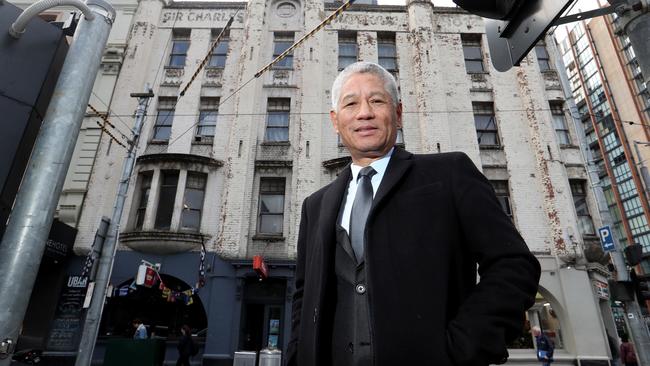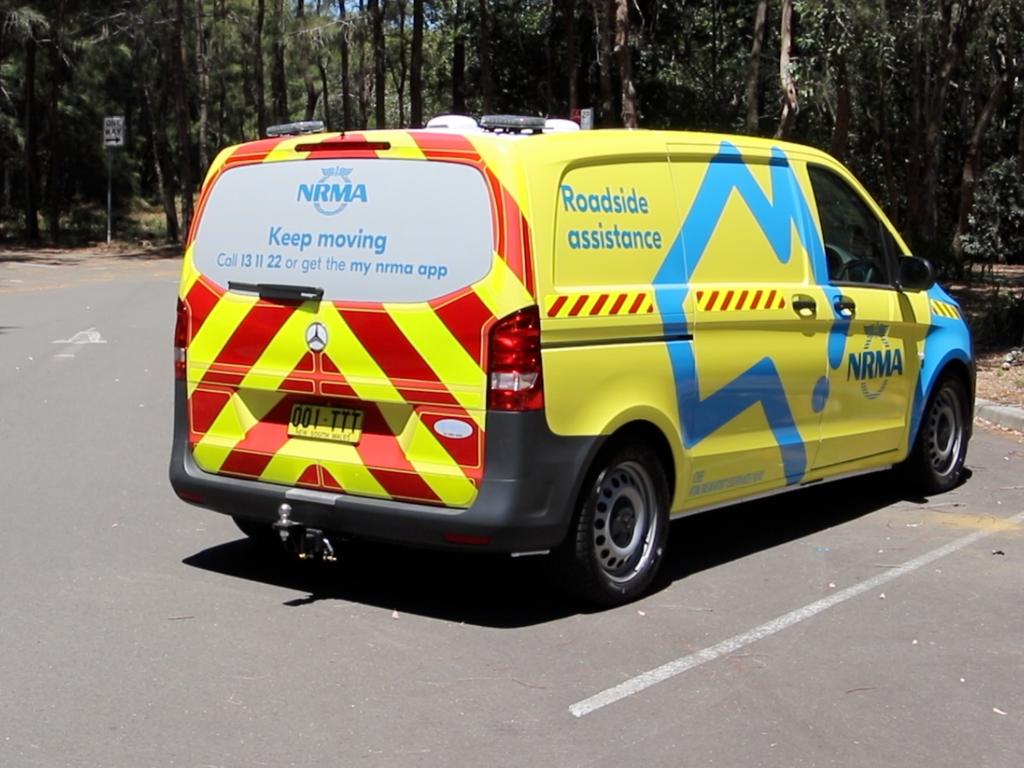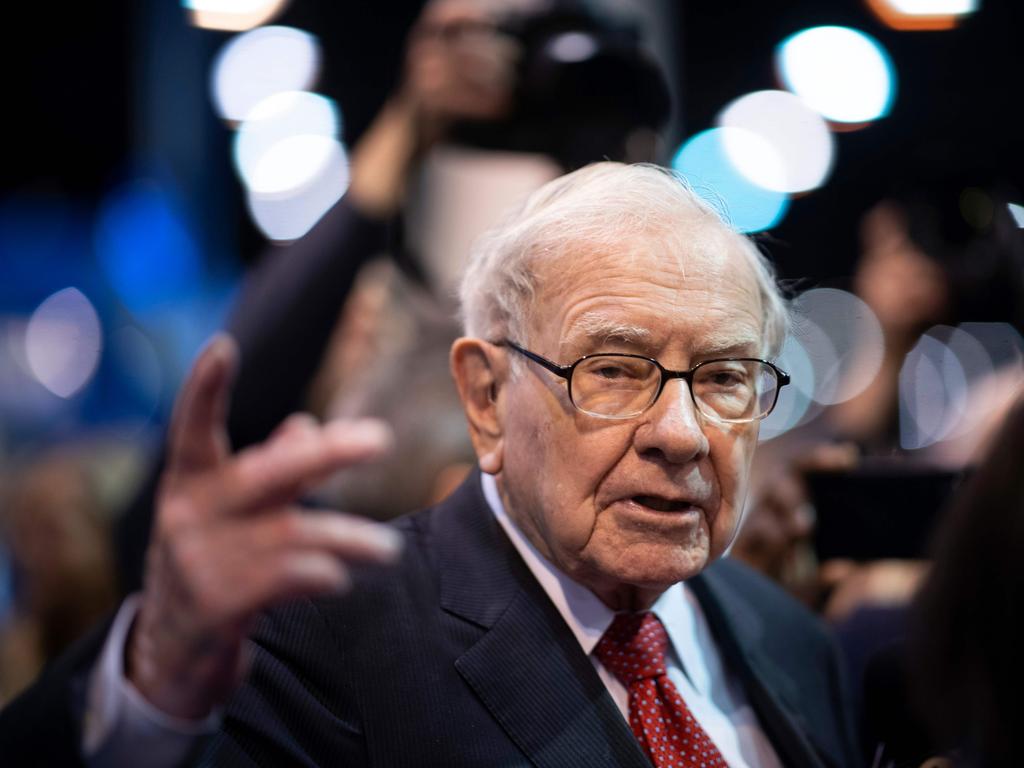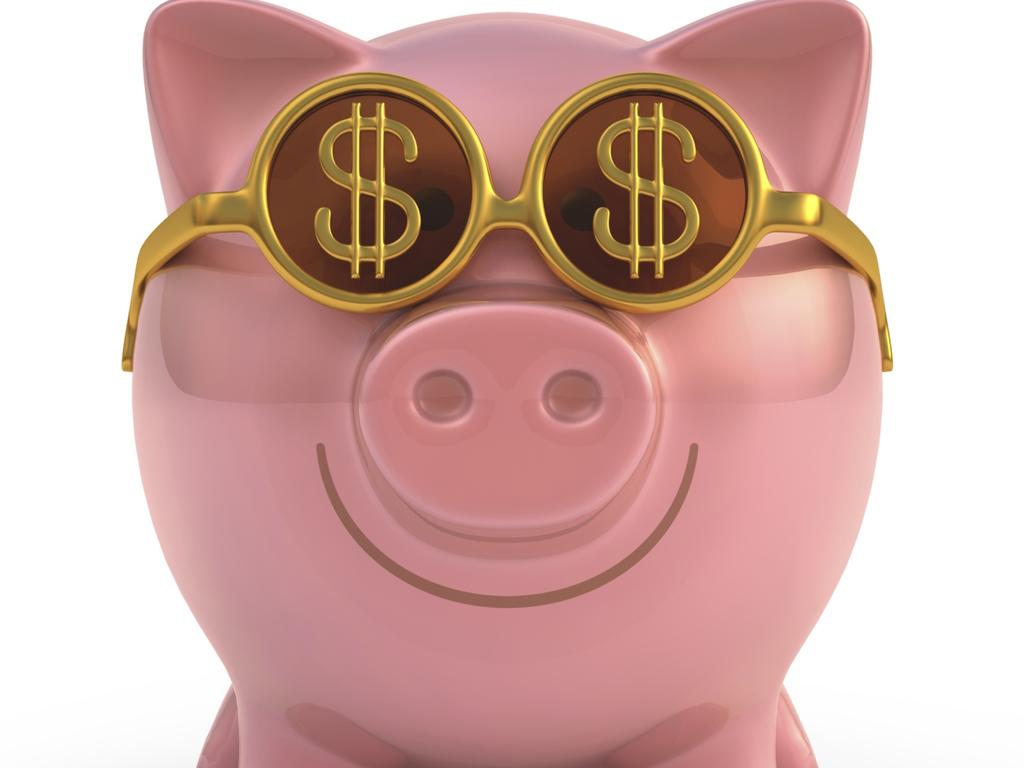Tertiary education woes long-lived
Billionaire businessman Shesh Ghale has grave fears for the higher education sector in the second half of 2020.

Billionaire businessman Shesh Ghale has been at the epicentre of one of the industries hardest hit by the COVID-19 shutdowns, higher education, and has grave fears for the sector in the second half of 2020.
Ghale and wife Jamuna Gurung own Melbourne Institute of Technology, where about 90 per cent of the 4000 students are from overseas, studying courses such as accounting, telecommunications and cyber security, and a string of commercial properties including hotel and office projects. Both sides of their business empire have grown impressively in value in recent years in their respective strong markets, with property values going up and MIT’s pre-tax profit hitting $19m in 2019 from $55m revenue.
But Ghale, who moved to Australia with Gurung from Nepal in the early 1990s and still remembers the double-digit unemployment rate of the time and his struggle to find work, says their business has been challenged like never before due to the impact of the coronavirus.
“Our semester started on March 16 and we had one week of face-to-face learning and then social-distancing measures came in. We had to then quickly pivot to online learning for the entire student population. It was such a big challenge, that first two weeks.
“It has felt like a forced transformation in a way and it brought forward our technological drive and how to be better with the use of technology. It has given us the opportunity to be transparent with our consumers and among our staff, and we can all see who is doing what.”
Ghale and Gurung have put in long hours at the MIT headquarters in Melbourne and teaching staff have been giving lessons online from the company’s state-of-the-art facility.
MIT has also put $1m towards a hardship fund to help foreign students who have lost their jobs or are struggling financially, and Ghale has also welcomed the Victorian government’s announcement of a $45m package to help vulnerable students.
But Ghale says big decisions need to be made about the education sector, which is under significant pressure and seems set to lose its status as one of Australia’s biggest export industries.
“Our next intake is in July and the worst-case scenario is a travel ban until the end of the year. We’re very lucky with what we have built here, but there are issues with what the government is saying with international students. Will they be able to come later in the year? It is a very important industry.”
Ghale says a mid-to-longer-term focus on government authorities is needed, including how population and migration policies will affect the education sector.
Red tape has to be cut and a more level playing field would help private institutions compete with traditional universities, he says, which would in turn help maintain Australia’s international standing with prospective foreign students.
“We have achieved a lot; therefore, if we can maintain our current international market share and focus on quality education and educational experiences to our overseas students everybody will benefit. This industry cannot and should not be compared with any other export industries like iron ore and LPG gas, which will end one day, but this one will not.”
Meanwhile, Ghale may need to delay or at least tweak his biggest commercial property project yet: the $500m hotel and office complex he and Gurung are set to build near Melbourne’s Queen Victoria Market by 2023.
The duo had struck a deal in February with hotel giant Accor for the “So Melbourne” brand to be used at the project.
“It will still be a quality asset and the hotel part could be all right as about 70 per cent of the market is domestic tourism,” says Ghale. “But we will have to see about the office side. With higher unemployment there could be higher vacancy rates for commercial property and pre-leasing could be harder.”








To join the conversation, please log in. Don't have an account? Register
Join the conversation, you are commenting as Logout